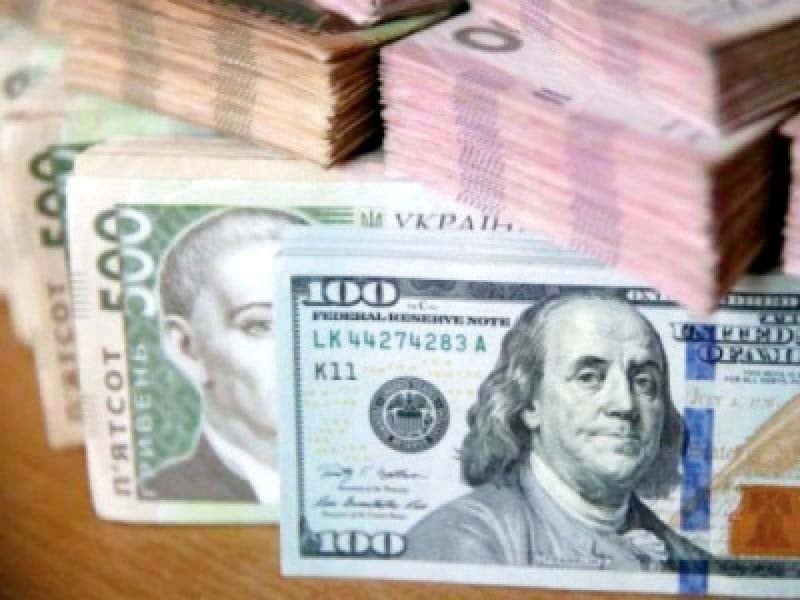KARACHI:
The investment landscape in Pakistan is marred by a complex network of legal, transparency and bureaucratic challenges as well as weak democratic institutions.The mining lease for Reko Diq or the agreement with the independent power producers (IPPs) are just two examples that offer many valuable lessons.
Attracting foreign investment is crucial for the economic growth and development of emerging economies like Pakistan. To achieve this, it is important to establish an environment that prioritises robust contract enforcement, the rule of law, transparency and democracy.
These factors are critical for creating an atmosphere that is conducive to foreign investment and promotes a positive impact on the economy.
Contract enforcement
A cornerstone of any business transaction, robust contract enforcement is the bedrock upon which trust and reliability are built. Foreign investors seek assurance that their contractual agreements will be honoured and protected by the legal framework of the host country.
Pakistan, in its pursuit of greater foreign investment, must prioritise the strengthening of its legal mechanisms to ensure efficient and impartial resolution of disputes. This will not only instill confidence in investors but also contribute to the creation of a stable business environment.
Read Global investors’ confidence in Pakistan rises
Foreign investors often cite concerns about legal uncertainties and delays in dispute resolution as deterrents to investing in a particular country. As per the last Ease of Doing Business Report of the World Bank, Pakistan ranks 156 out of 190 countries in contract enforcement.
By streamlining legal procedures, implementing alternative dispute resolution mechanisms and ensuring a fair and timely judicial process, Pakistan can enhance its attractiveness to foreign investors. A well-functioning legal system is not just a protective shield for investors, it is also a catalyst for economic activities and entrepreneurship.
Rule of law
A critical lens on the Rule of Law Index issued by the World Justice Project, where Pakistan currently stands at 130 out of 142 countries, underscores the need for strategic reforms to fortify the pillars that sustain foreign investment.
The rule of law is not merely a concept; it is the scaffolding that supports fair and transparent governance. A commitment to upholding the rule of law is synonymous to assuring investors that their rights will be protected and that legal procedures will be applied consistently. Pakistan’s judicial system grapples with a substantial backlog of pending cases, presenting a significant challenge to the swift administration of justice. Overburdened courts and a shortage of judicial resources contribute to delays, impacting litigants and undermining efficiency of the legal process.
The backlog spans various types of cases, from civil to criminal, exacerbating the strain on the judicial system. Efforts to address this issue include judicial reforms, technology integration and the establishment of additional courts.
Despite these initiatives, the backlog remains a pressing concern, highlighting the need for sustained reforms to ensure timely and effective resolution of legal disputes. Moreover, fostering a culture of legal compliance and accountability within the business community will not only improve the country’s ranking on global indices but also create a business environment that attracts responsible and ethical foreign investors.
Read ‘Caretaker govt committed to attracting FDI’
Transparency
In the interconnected global economy, transparency is a currency that fosters trust and confidence. Foreign investors scrutinise the transparency of a host country’s regulatory framework, financial systems and business practices.
Pakistan must enhance transparency by promoting open and accessible information, implementing anti-corruption measures and streamlining bureaucratic processes.
Transparency International’s Corruption Perceptions Index for 2022 places Pakistan at 140 out of 180 countries, indicating room for improvement. A concerted effort to tackle corruption, coupled with measures to enhance corporate governance and financial disclosure, can contribute to a more transparent business environment. Embracing digital platforms for public procurement and government transactions can further reduce the scope for corrupt practices, showcasing Pakistan’s commitment to transparency.
Strengthening democratic institutions
A thriving democracy is a testament to a nation’s stability and commitment to inclusive governance. Although there has been a continuation of democratic process for the past few years, it is still not free from various interferences.
A robust democratic system ensures political stability and provides a platform for dialogue and collaboration between the government and the private sector. The Economist Intelligence Unit’s Democracy Index for 2021 places Pakistan at 92 out of 167 countries, reflecting a moderate level of democratic governance.
As election dates are announced for February 2024, the world community including potential investors will look closely for clear improvement in the area of enhancing political inclusivity, protecting human rights and ensuring free and fair elections. A transparent and participatory democratic process not only attracts foreign investors but also fosters a sense of civic responsibility, inclusivity and national pride.
The writer is a financial market enthusiast and is attached to Pakistan’s stocks, commodities and emerging technology
Published in The Express Tribune, December 27th, 2023.
Like Business on Facebook, follow @TribuneBiz on Twitter to stay informed and join in the conversation.
